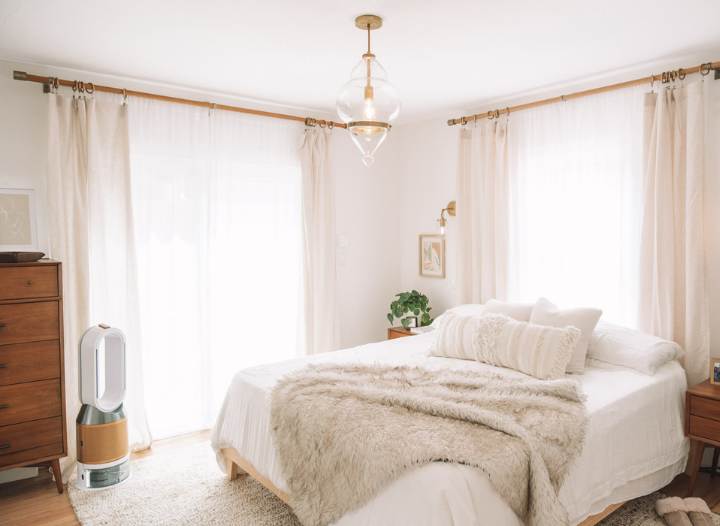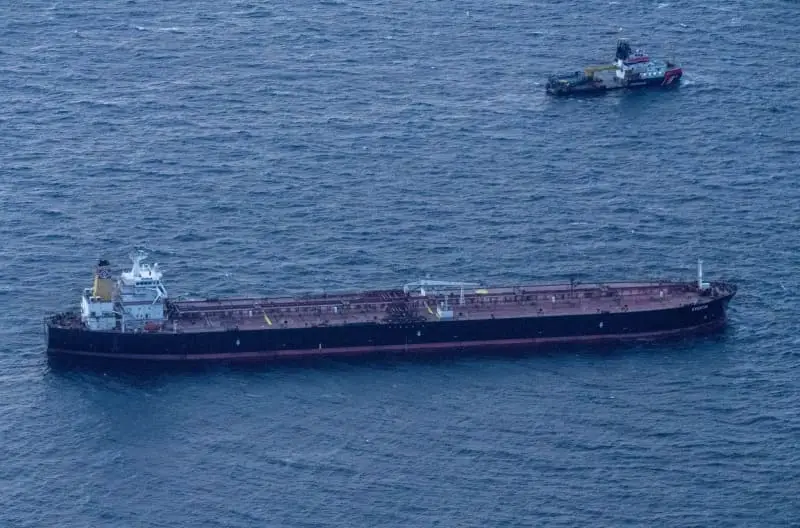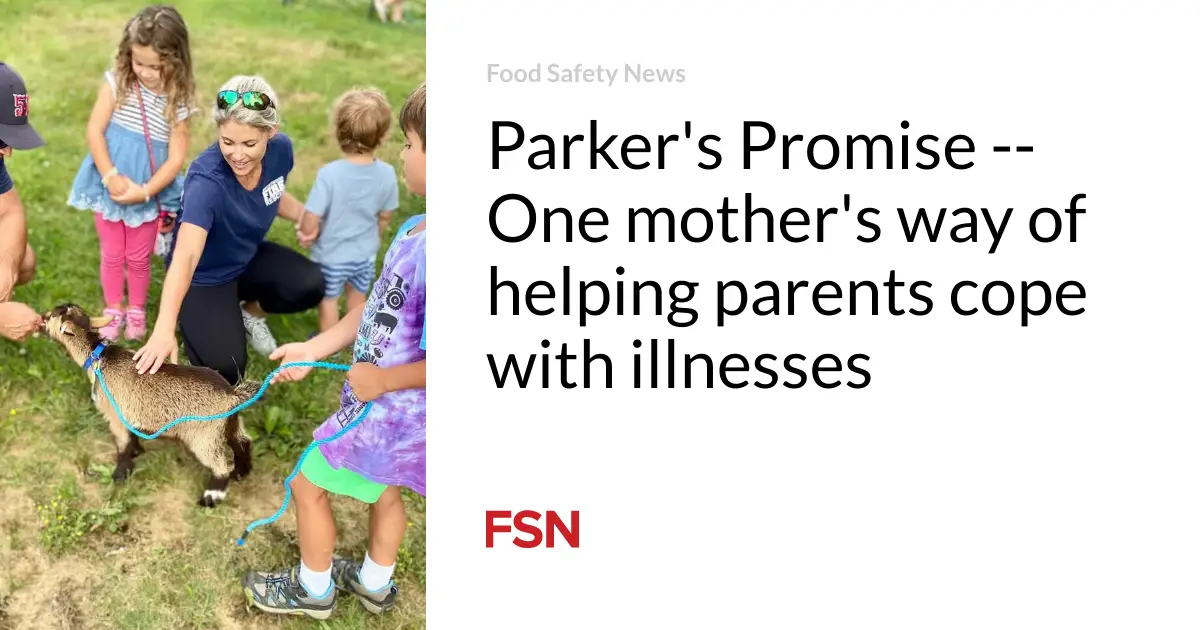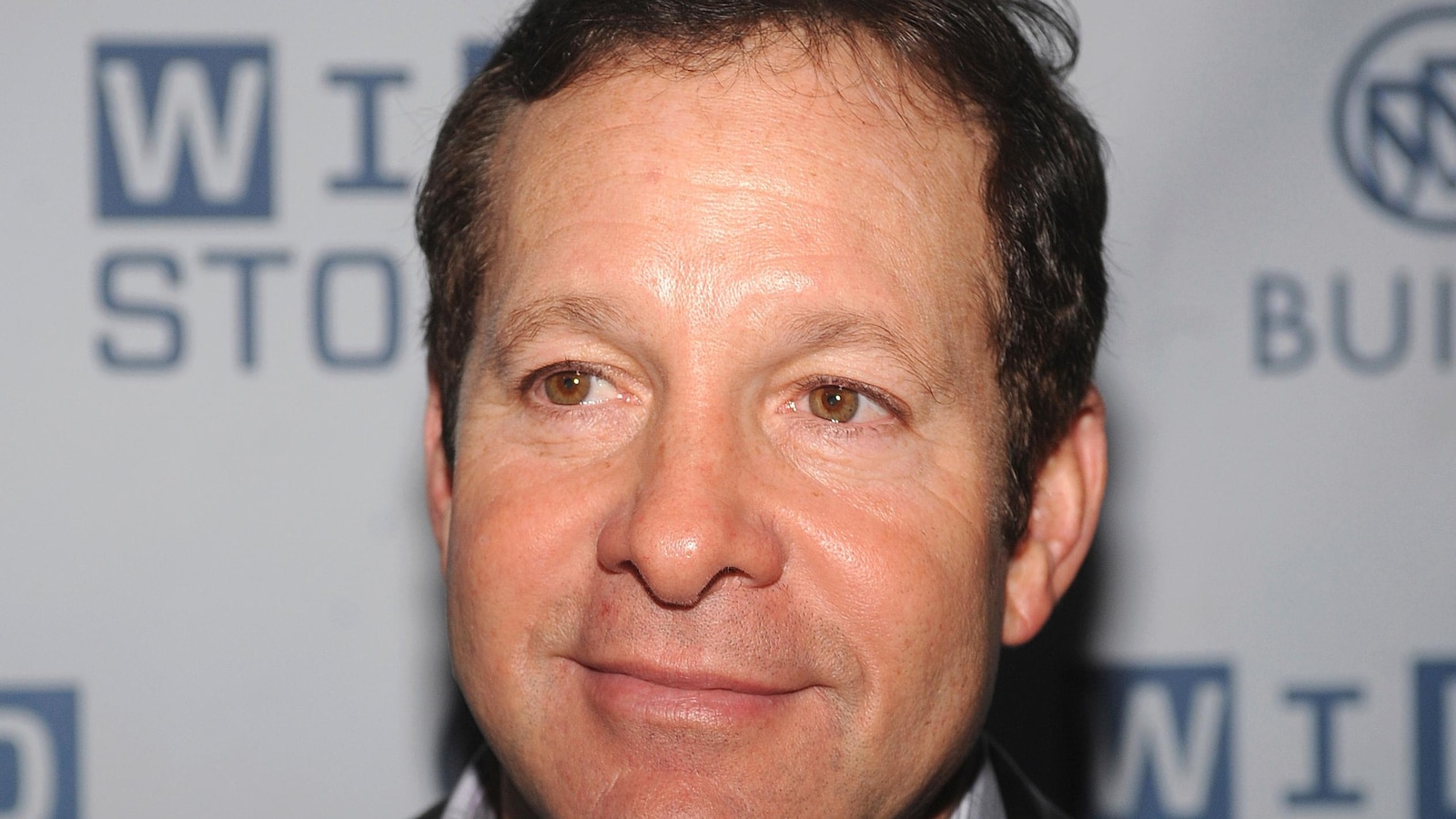I’m sitting in a bright orange tin bath deep in the woods in rural Aberdeenshire. The water is a chilly 8C and I’m being guided through breathing exercises by the UK’s first female commando. This is not a military drill or some kind of cult initiation, but an activity offered at the new Discovery and Adventure Centre at Glen Dye estate, to which I’ve willingly signed up.
“Tell yourself it’s cold, but you can do this,” says Pip Delamere-Wright, “Remember top-down thinking, you’re in control. Just keep breathing.” At first the cold water feels like needles against my skin and deep breathing is required to stay in the water, but I do eventually manage to calm my mind. After the required two minutes I sprint across the forest floor back into the sauna, pine needles sticking to the soles of my feet, awaiting my next summons to the baths.
Contrast bathing, or the Nordic cycle, involves moving between a sauna and icy cold water and it’s surprisingly good for you. The peaceful 6,000-hectare (15,000-acre) Glen Dye estate, with its beautiful woodland and meandering river, is the perfect place to try it, and Pip is a patient and gently encouraging coach. As sauna culture spreads across the UK, Glen Dye may just be ahead of the curve in offering experiences like this.
Over the years the Gladstone family has renovated a collection of old workers’ cottages and steadings on the estate, and added off-grid bothies, riverside cabins and a small campsite. We’re staying at the Coach House, a handsome stone farmhouse decorated in rich hues with striking modern art hanging in every room. It can be booked for exclusive use (it sleeps 12) and now for the first time by the room as a B&B during the week. A jukebox, boardgames and stacks of books encourage relaxation and connection. Every place to stay has access to wood-fired outdoor hot tubs, barbecues and fire pits, and there’s a whimsical BYOB pub to mingle with other guests by the fire.
It’s a wonderful base for Aberdeenshire day trips, to dramatic Dunnottar Castle on the cliffs near Stonehaven, the gleaming granite of Aberdeen or the beautiful curved bay of St Cyrus beach. Most guests, however, don’t stray far – and those wanting more action can sign up for activities at the centre. Geared towards helping families and groups of friends spend time together outdoors, there’s a range on offer, from cold water to bushcraft, offered by Pip’s husband, Stu Wright.
Contrast bathing is a little different from the increasingly popular cold water swimming, but shares many of the benefits. Cold water immersion is linked to reduced joint inflammation, improved cardiovascular health, stress reduction and helping sleep. With contrast bathing you have to control the very real mammalian impulses telling you to get out of the freezing water as quickly as possible.
“Your body can’t tell what the danger is, it’s like when you nearly fall,” says Pip. “You’ll get a big surge of energy and adrenaline, it’s more potent than morphine.” It’s certainly thrilling to challenge yourself in such an elemental way. “You’re talking to your prefrontal cortex and taking control,” Pip says. “This is where people take the experience of cold water and apply it to the rest of their lives. This is a where you build resilience and grit.”
Pip knows plenty about grit. After studying human biology and sport science she spent 17 years in the army, achieving the distinction of becoming the UK’s first female army commando. She left the forces after becoming a parent and retrained as a wild wellness instructor based here in rural Aberdeenshire. Last year she appeared on Channel 4’s Alone, a winter survival challenge in the Canadian wilderness. Contrast bathing forms an important part of Pip’s training for swimming the Channel – that and eating doughnuts to help insulate against the cold.
My second cold plunge is surprisingly easy. I pass three minutes without really noticing and as I approach the maximum five minutes try Pip’s suggestion of putting my head under water too. There’s no shocking ice-cream headache, but instead a fizzy cocktail of adrenaline and joy.
The third and final immersion I find more challenging; I haven’t really warmed up enough in the sauna so after two minutes has elapsed I’m ready to bundle up in a swim robe and wrap my chilled hands around a mug of freshly brewed pine needle tea. In contrast bathing the idea is to finish on cold, forcing the body to warm itself up. Lots of layers, walking and squats are recommended. For lunch Caroline Gladstone, co-founder of Glen Dye Cabins and Cottages, has prepared us a huge flask of asparagus and spinach soup with fresh sourdough bread and a platter of perfectly ripe local cheeses. We’ve learned that contrast bathing, along with a “swimmer’s high”, makes you ravenous.
after newsletter promotion
In the afternoon we’re back at the Discovery and Adventure Centre with Stu. Also ex-military, he dedicates his time to teaching “skills people can actually use outside”. Much of his work helps fund Operation Cairngorms, a charity he set up focused on the mental health recovery of military personnel through bushcraft and time spent with others in nature. We learn basic whittling skills, a push cut and a pull cut, and fashion ourselves a tent peg as a practice project. Then Stu teaches us how to use a branched twig, often a waste material in forestry, to make a coat hook and how to tie a simple knot in a length of cord to attach it to a tree. “Use it for hanging up your towels when you swim outdoors,” he suggests. Sitting around the fire, eyes on our projects, the conversation flows freely: it’s easy to feel the therapeutic benefits.
The next day we take a walk up Clachnaben (589 metres) starting along the river and through the dappled ancient forest on the estate. It’s a gentle six-mile round trip to the distinctive granite tor on the skyline, with gorgeous expansive views of the Aberdeenshire hills from the windy summit. Glen Dye is a half-hour drive from the eastern reaches of the Cairngorm mountain range but there are many brilliant walks starting from the estate and in the surrounding area.
In the afternoon I slip into the cool waters of the River Dye for a swim, replaying Pip’s words in my head and feeling galvanised by them. The water is deliciously refreshing. It’s cold, but I can do this.
The trip was provided by Glen Dye. Rooms at the Coach House start at £175 a night, exclusive use is £1,000 a night (sleeps 12), minimum stay two nights. Wellness and bushcraft sessions at the Discovery and Adventure Centre from £25 per adult, under-15s £15.







